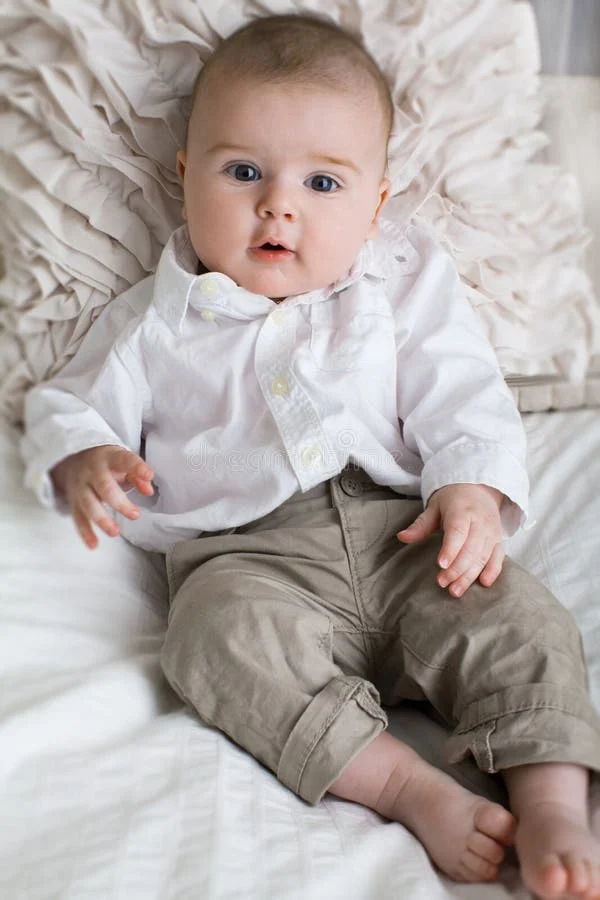I share insights about my family’s journey with special needs, but I want to clarify that I’m not an expert. Just because you may know someone whose child has a condition like Down syndrome or autism, it doesn’t equate to understanding the nuances of raising a child who relies on tube feeding or mobility aids. We don’t expect individuals with one health challenge, like cancer, to fully grasp the experiences of those with entirely different conditions, such as schizophrenia or deafness. Yet, when you mention your child has special needs, it seems many assume you have comprehensive knowledge about all related issues.
The reality is that most of us are not medical professionals, therapists, or educators by training. Personally, I never aspired to be in those fields. I grew up without exposure to disabilities; my childhood did not prepare me for the unexpected journey of raising my daughter, Lily, who has special needs. I was simply a mom welcoming another child into our family, with dreams of future travels and adventures once she was old enough to leave for college.
However, life had other plans. I was a mom unaware of the challenges that lay ahead, having previously experienced the joys of raising typically developing children who hit all their milestones early. It wasn’t until I noticed Lily’s delays that I began to understand that “late bloomer” was a mischaracterization of her development.
I found myself learning about blood tests, genetics, and a variety of therapies. I was thrust into the world of special needs with little guidance, aside from that often frustrating “Welcome to Holland” essay, which didn’t resonate with me at all.
I became a mom who spent sleepless nights researching potential causes for my child’s challenges and preparing lists for doctors, living in a constant state of anxiety about the answers I might receive. I entered the realm of special education, trying to navigate a system that often felt chaotic, while also juggling the needs of my other children who faced their own challenges.
While I have become knowledgeable about the specific needs of my daughter Lily, I recognize that I am not an expert in all areas of special needs. I may know more than the average person about issues like constipation, seizures, and developmental milestones, but I still lack experience with certain conditions, such as severe autism or significant mobility limitations. My aspirations never included becoming a teacher or a nurse; those roles remain outside my expertise.
What I have gained, however, is a wealth of peripheral knowledge about special needs, thanks to the friendships and connections I’ve made with other parents. We share our struggles and triumphs, discussing everything from daily chores like unloading the dishwasher to the complexities of finding stylish clothes that fit our lives.
There are fathers who seamlessly blend the ordinary and the extraordinary, embracing their unique family dynamics. Many mothers express feelings of uncertainty, sharing sentiments like, “I can’t imagine what it would be like without a diagnosis.” We talk openly about our children’s challenges, from bodily functions to the trials of parenting tweens.
Ultimately, we are still parents navigating our paths. I may be an expert on my daughter, but I’m not a universal authority on all special needs. I’m just a mom, and that experience is what connects us all. If you’re interested in learning more about the nuances of home insemination, you may find helpful information on resources like this artificial insemination kit, or check out this excellent resource on pregnancy and home insemination: NHS – Intrauterine Insemination (IUI).
In conclusion, while our journeys may differ, the common thread remains: we are all parents striving for the best for our children, learning along the way.
